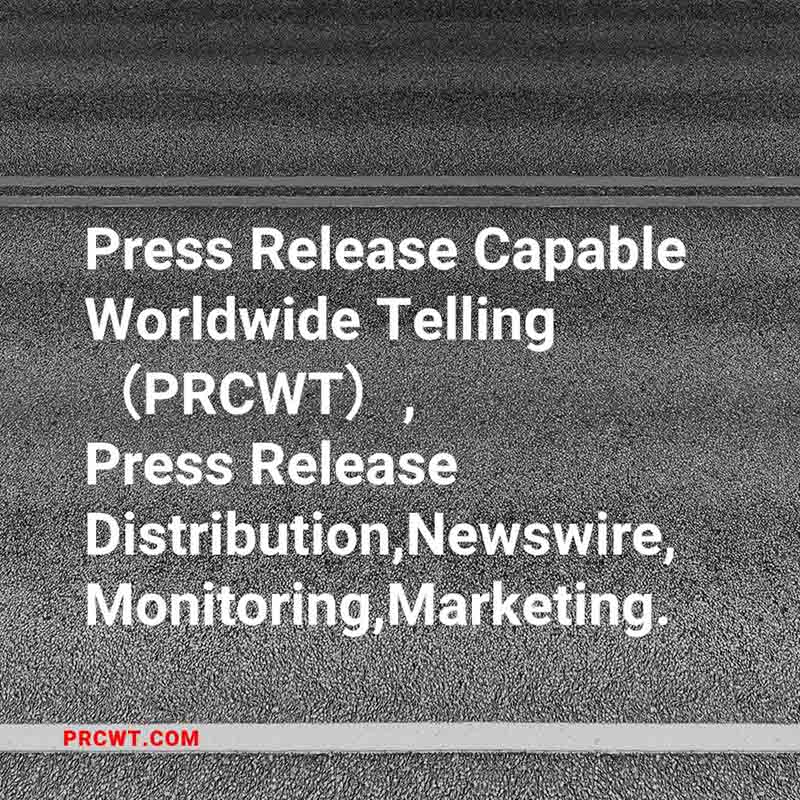When it comes to the words "able" and "capable", they both convey the idea of having the ability or skill to do something. However, there are some细微 differences. "Able" often implies a specific instance or task where one has the capacity to perform. For example, "He is able to solve this problem." On the other hand, "capable" suggests a more general or inherent ability. It might refer to a person's overall capabilities or potential. Such as, "She is a capable leader."
The main difference lies in their侧重点. "Able" focuses more on the actual accomplishment or the ability to achieve a particular goal. It emphasizes the result. While "capable" emphasizes the potential or the possession of the necessary qualities. For instance, "They are able to finish the project on time." versus "He is capable of handling complex situations."
Another distinction is in the context in which they are used. "Able" is often used in more specific and immediate situations. Like, "I'm not able to come to the party." "Capable" is used more broadly to describe a person's general abilities. For example, "This machine is capable of high-speed processing."

In terms of usage, "able" is commonly used with the infinitive form. As in, "She is able to run fast." "Capable" can be followed by of + gerund. Such as, "He is capable of learning new languages quickly."
The difference also extends to the level of formality. "Able" is relatively more common in everyday language. While "capable" might sound more formal or professional. For example, in a business setting, one might say, "He is capable of leading the team effectively." rather than "He is able to lead the team effectively."
